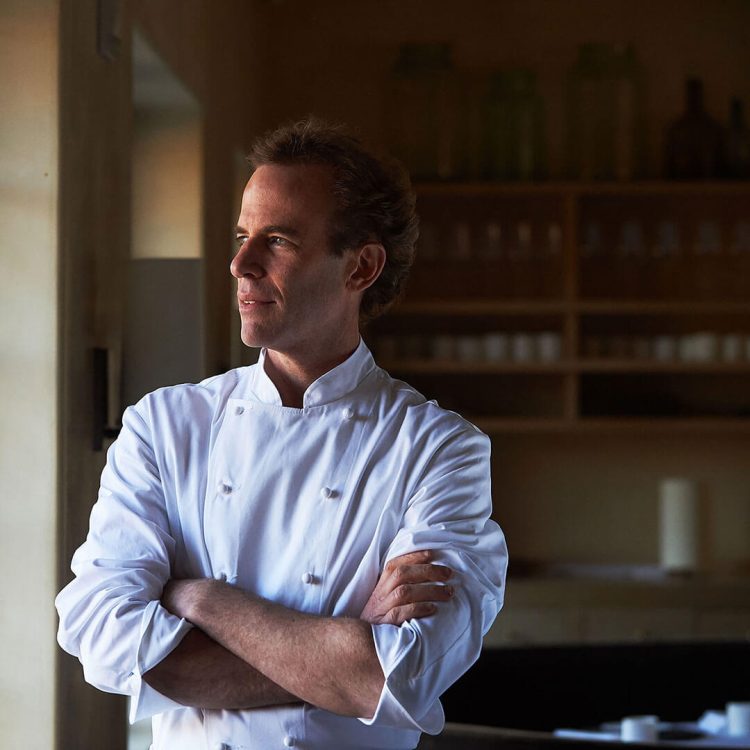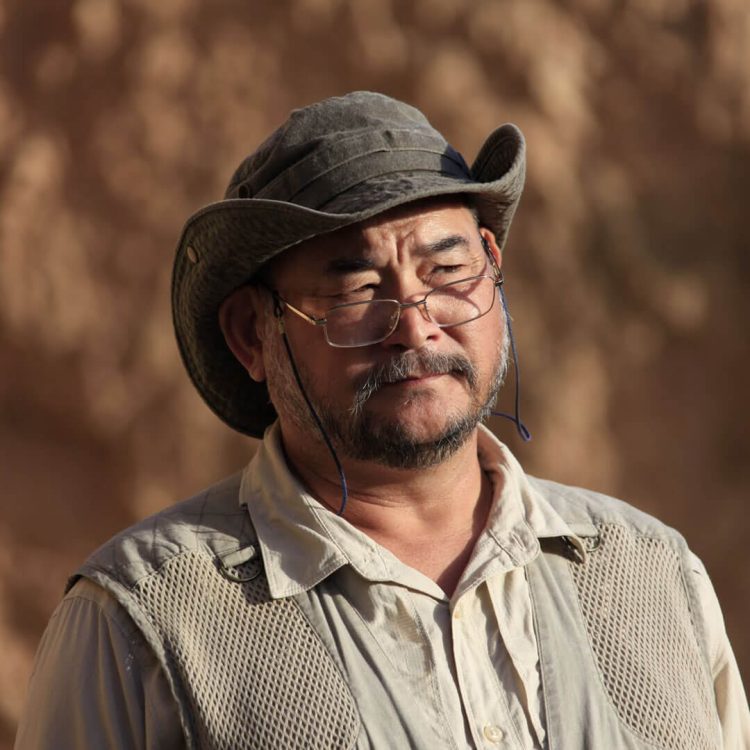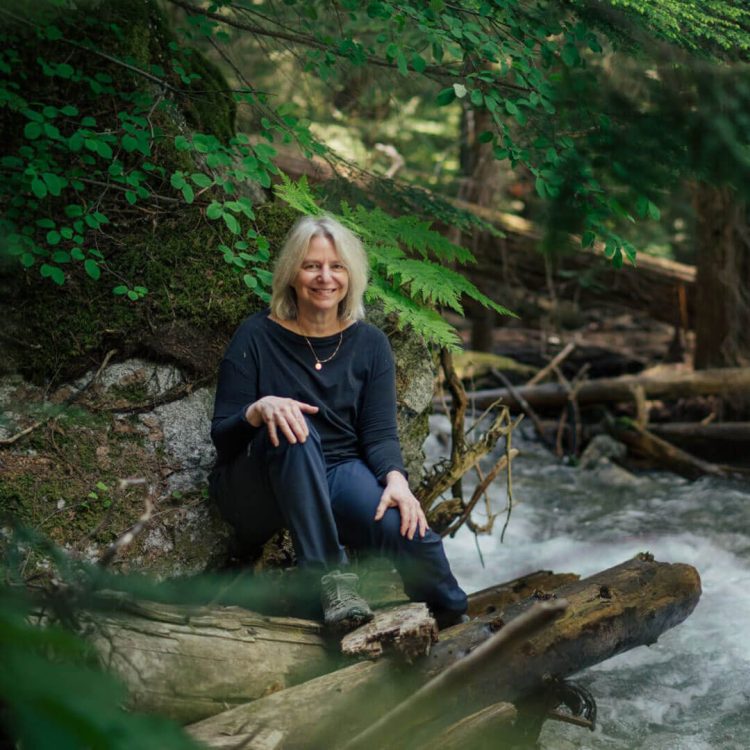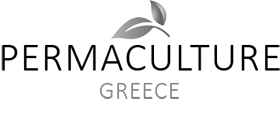An injection of positivism amidst a not-so-sunny summer, and a call for action
Midsummer in the Cyclades. Paros and Naxos are slowly receiving their share of tourists of the high season. The underlying financial crisis in Greece is reflected in the apprehensive faces of the inhabitants. Will tourists and vacationers be enough to support the dependent economy of the islands for yet another year?
Greek or not, tourist, vacationer, employer or employee, we are all spectators, victims and instigators of a deep crisis in the whole planet; an unprecedented social and environmental crisis that we can no longer hide from. This is a fact, we do not need more research, we do not need more evidence, more data and further analysis. Our old ways and institutions have failed to ensure us security, prosperity and happiness. We are plundering our children’s future and we are making this planet a hostile place to live. We can no longer sit back and do nothing, hoping or even believing (!) that we will escape the impact of this plight. We have to take responsibility for our own existence and that of our children. We have to change. Before it is too late. The time of action is now and the place is here.
But what kind of action? There are many ways to act (or react, thinking that we are acting…), suggested by media, political parties, gurus and all kinds of “leaders”, even the EU or the IMF have some ideas on the subject… What determines right from wrong action?
Right action makes us feel good without leaving much space to doubt; it gives us a sense of empowerment; we no longer feel isolated and vulnerable victims of an unjust system but active contributors to our future; we feel connected with other people, supportive of and supported by them; we reduce anxiety, stress, feelings of helplessness and hopelessness; right action is also simple action that can start in our own backyard!
I choose Permaculture as my companion to simple, immediate, right action! And I am not alone, there are hundreds of thousands practicing permaculture in every corner of the world, trying to undo what we have done so far to the planet and to our societies. Because we can still undo the damage we have done.
Permaculture is a design system for living, sustainable living. It encompasses all aspects of our life, habitat, energy, other resources, food production, resilience, human cooperation and symbiosis among all living things on the earth. It is not a utopia or merely a philosophy. It is not a new belief or another “new age” fabrication. It is an interdisciplinary applied design science that combines ancient with modern scientific knowledge and technology in order to manifest its solid ethical basis: care of the earth, care of people, setting limits to consumption and fair share of the surplus.
Permaculture observes and imitates natural ecosystems, like the forest ecosystem, and builds beneficial relationships between people, plants, animals, soil, water and other resources with final aim to provide for all our material and non-material needs, while rehabilitating the land we use and caring for all the natural assemblies and their inhabitants.
The permaculture principles are universal and can be applied in any climate and any kind of human habitat, from the snow-clad Austrian Alps to the desert of the Dead Sea, from the rice fields of tropical Bali to the community gardens of New York; nevertheless, the methods and techniques change in each case respecting the specificities of environment and culture.
And how about our neighbourhood, the Cyclades? Permaculture can help us stop the advance of desertification, restore degraded lands, stabilize and even enrich water reserves, guide us to produce healthy food for our families, use our resources wisely, reduce energy consumption, render agriculture a healthy and attractive activity producing quality food; it can help us build strong resilient communities capable of concretely helping their members, healthy and productive local economies not dependent solely on tourism, while inviting more of the kind of visitors who look for a better quality of life and vacation, who seek more than sea and sun and Greek folklore. So, here is your solution to the economic downturn, in case you were wondering how “crisis” connects to “permaculture”!
It is also essential that permaculture does not entail huge amounts of money invested in green technologies or expensive solutions, although these can be used if they are accessible and they should be considered if they are to benefit entire communities. In an individual basis, it is practiced step by step, according to our financial capabilities and it actually saves us money and resources, and even labour!
It may all sound too theoretical, vague, optimistic, or even naive, but with the next series of articles I plan to give you concrete examples of how permaculture works and what it has achieved throughout the world. I would also like to suggest you ways of how to practice sustainable living in your little piece of arid land in the Aegean, how to mix the stunning blue colour of the Cyclades with hearty doses of green, the green of trees and hope for a brighter future for the backwater of Europe.
You can start right away by collecting all the seeds from the fruits and vegetables you eat, from all the plants in your garden or out your door. We will be happy to receive your collected seeds at Tao’s Center, near Ambelas, where we are running a permaculture project, chat with you about permaculture and explain you what we can do with them. Or check back to the website for news, tips and upcoming events.
• This article is inspired by (and shamelessly includes bites from) Bill Mollison’s Manual of Permaculture, Tagari Publications, by my distinguished Permaculture teachers Bill Mollison, Geoff Lawton and Norman vant Hoff and by all the amazing permaculturists I met during my travels in Asia and Australia.





